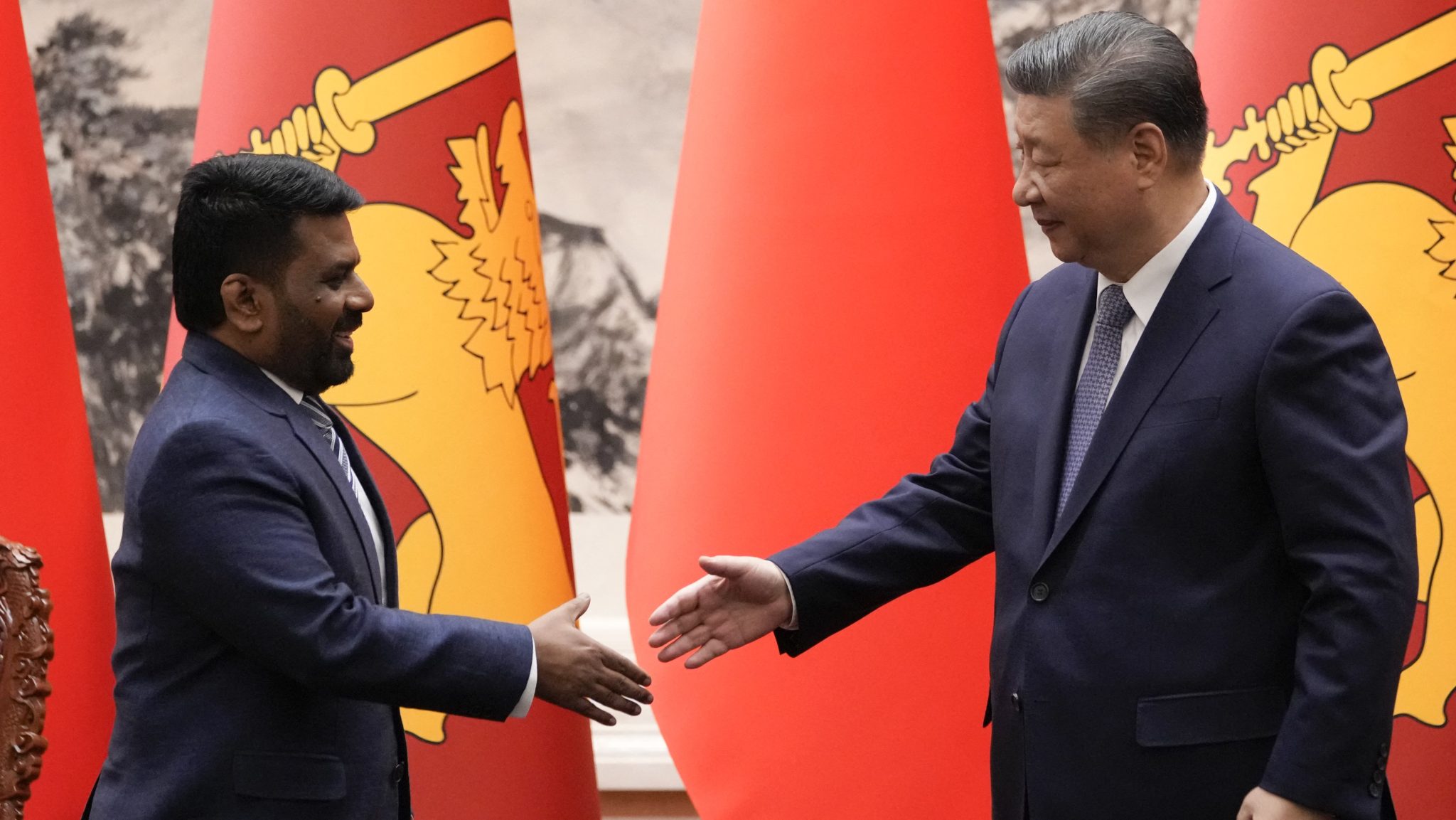Despite Sri Lanka government’s assertion of local mechanism to address the past human rights abuses, the visiting United Nations Human Rights high commissioner Volker Türk insisted that the international mechanism is vital for confidence building of the victims.
The UN has passed resolution to look into Sri Lanka’s past human rights abuses including alleged war crimes through an independent international probe. Successive island nation governments have rejected such probe.
“Sri Lanka has struggled to move forward with domestic accountability mechanisms that are credible and have the trust and confidence of the victims,” Türk told reporters in a short media briefing at the end of his four day official visit.
“This is why Sri Lankans have to look outside for justice through assistance of international justice. Ultimately it’s the state responsibility. And it is important that this process is nationally owned, and it can be complemented and supported by International means.”
The UNHRC has consistently pushed for an international independent probe into alleged war crimes and human rights abuses in Sri Lanka, particularly those committed during the final stages of the country’s civil war in 2009.
The push stems from longstanding concerns that domestic mechanisms have repeatedly failed to deliver justice for victims, especially from the Tamil minority.
UNHRC resolutions, including in 2015, initially welcomed Sri Lanka’s pledge to establish a hybrid court with international judges and prosecutors.
However, repeated delays, political resistance, and eventual backtracking by successive governments have led the UN to adopt a firmer stance in recent years.
“My own office has been mandated to gather and preserve information, and analyse violations, and abuses, and has established a dedicated project for this purpose. I hope that it can support future accountability efforts, both here in Sri Lanka and internationally,” he said.
“In 2021, the Council adopted Resolution 46/1, mandating the Office of the High Commissioner for Human Rights (OHCHR) to collect, preserve, and analyze evidence of human rights violations in Sri Lanka—an unprecedented move that essentially laid the groundwork for potential future prosecutions outside the island.
This “evidence-gathering mechanism” was a response to the lack of meaningful domestic accountability, the weakening of independent institutions under the former President Mahinda Rajapaksa administration, and concerns over ongoing surveillance, intimidation, and militarization in the North and East.
The OHCHR has since reported serious concerns about Sri Lanka’s failure to reform its security sector and uphold basic rights, reinforcing the need for international scrutiny.
Türk also praised the current government efforts to see accountability in some past rights abuse cases.
“The government has reopened investigations and prosecutions into some important cases, including Easter Sunday attacks. Achieving results in at least some long-standing and representative Human Rights cases would have a powerful demonstrative and confidence building effect.”



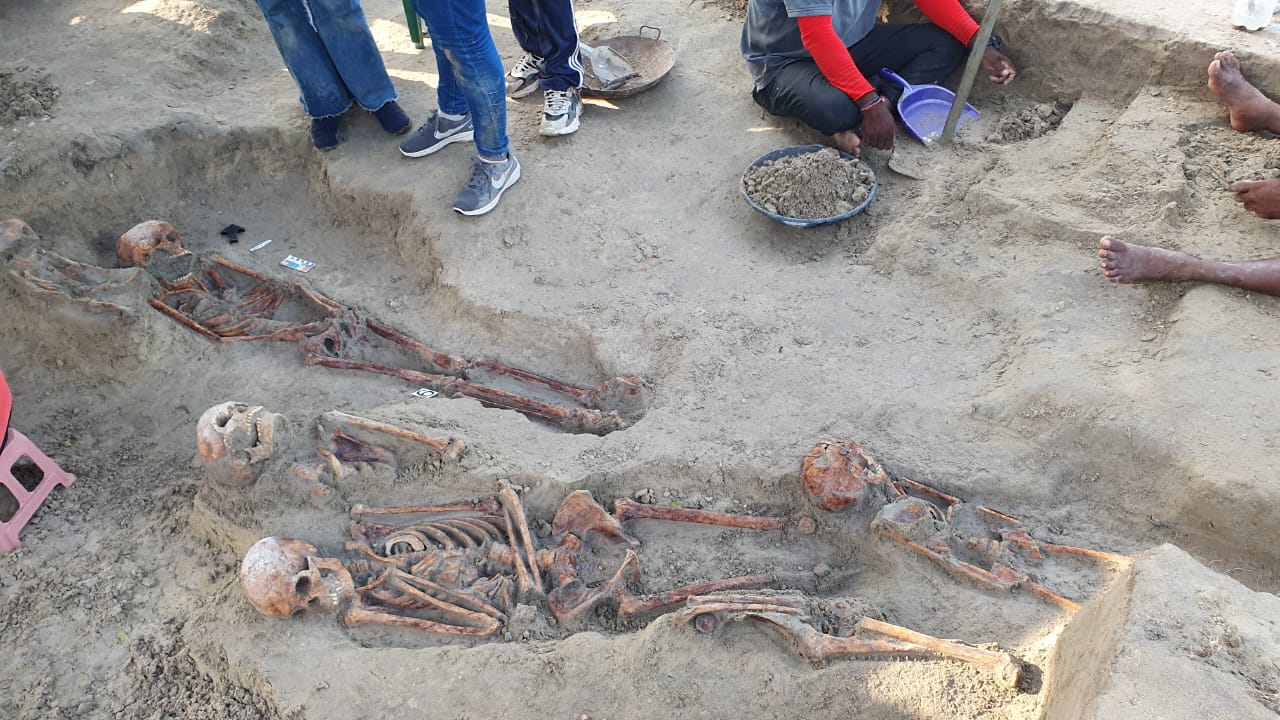
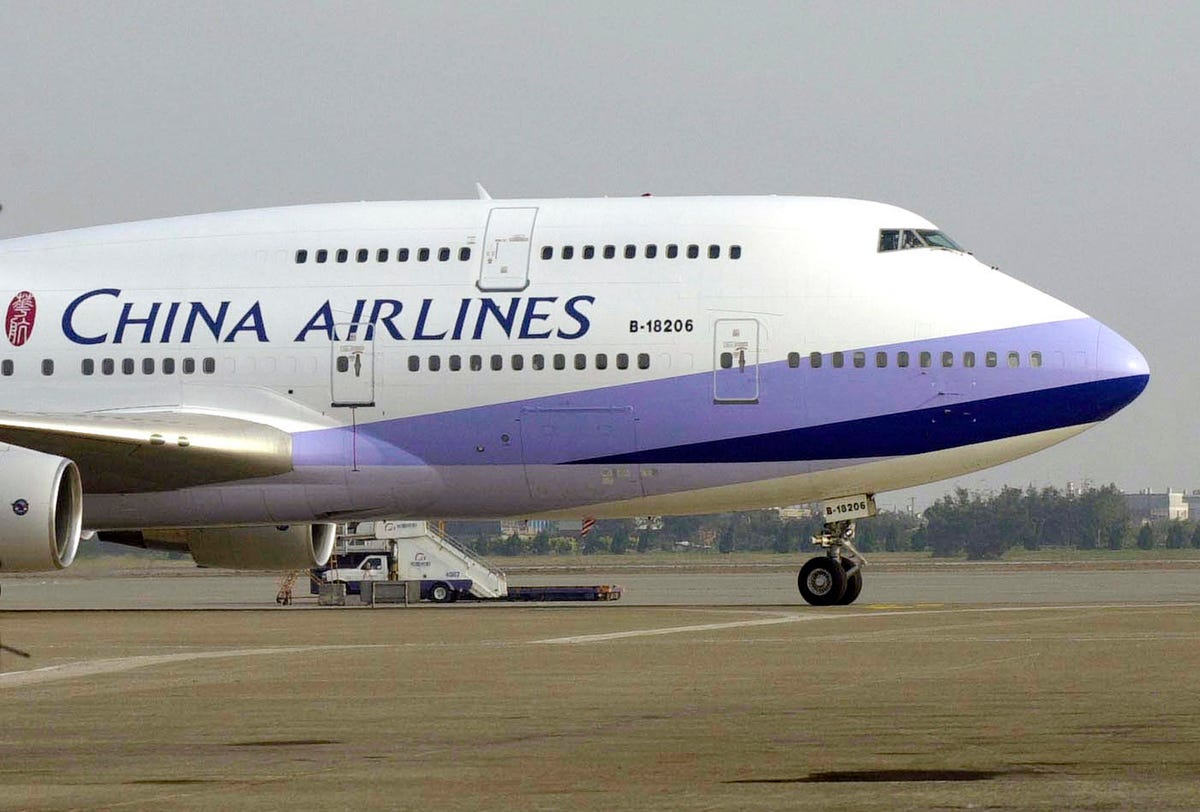
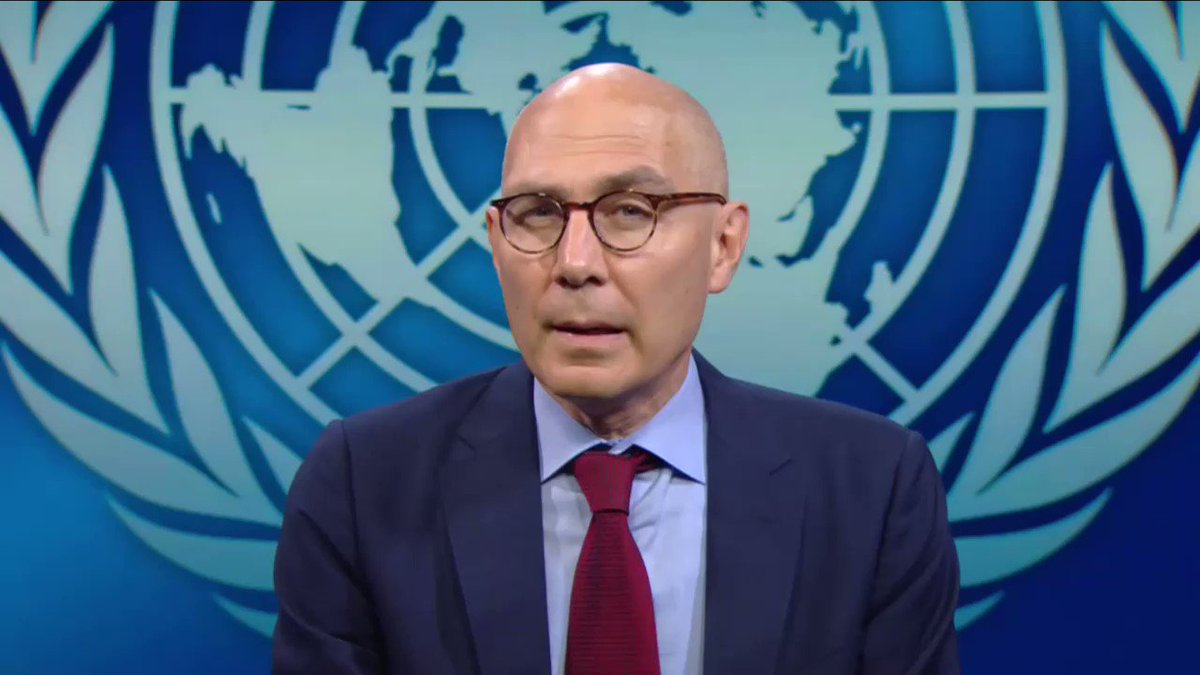
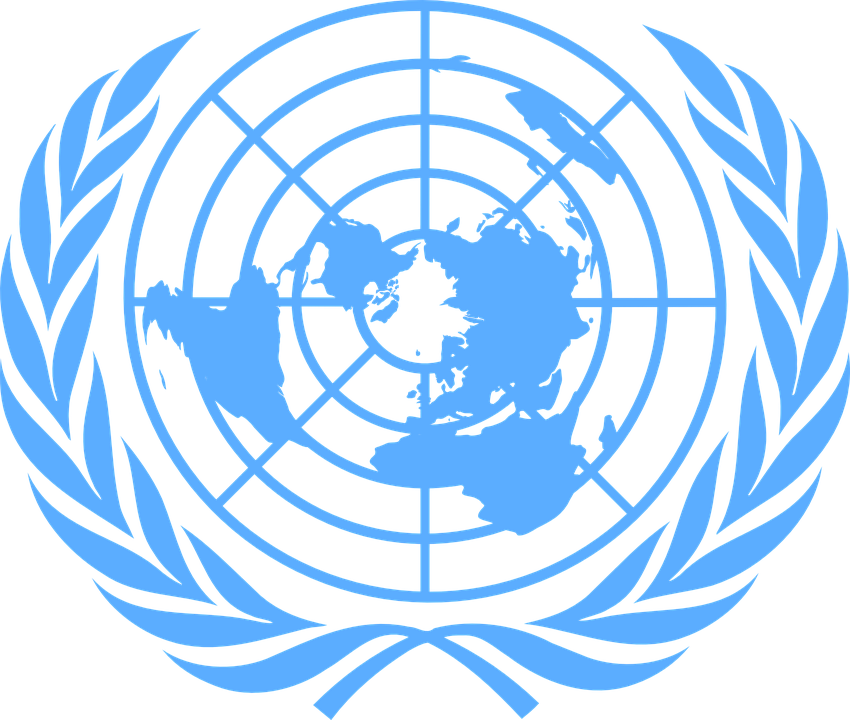

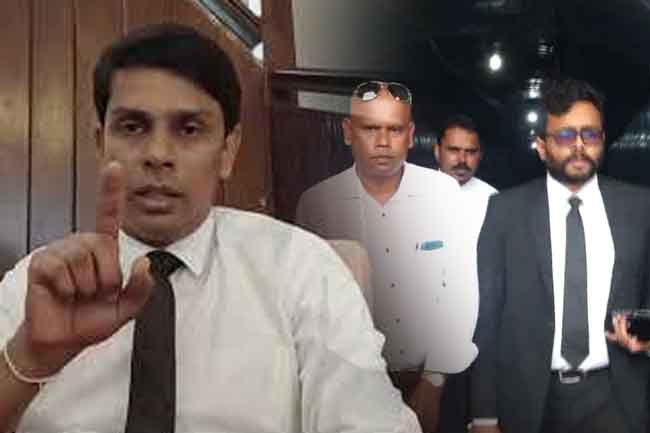
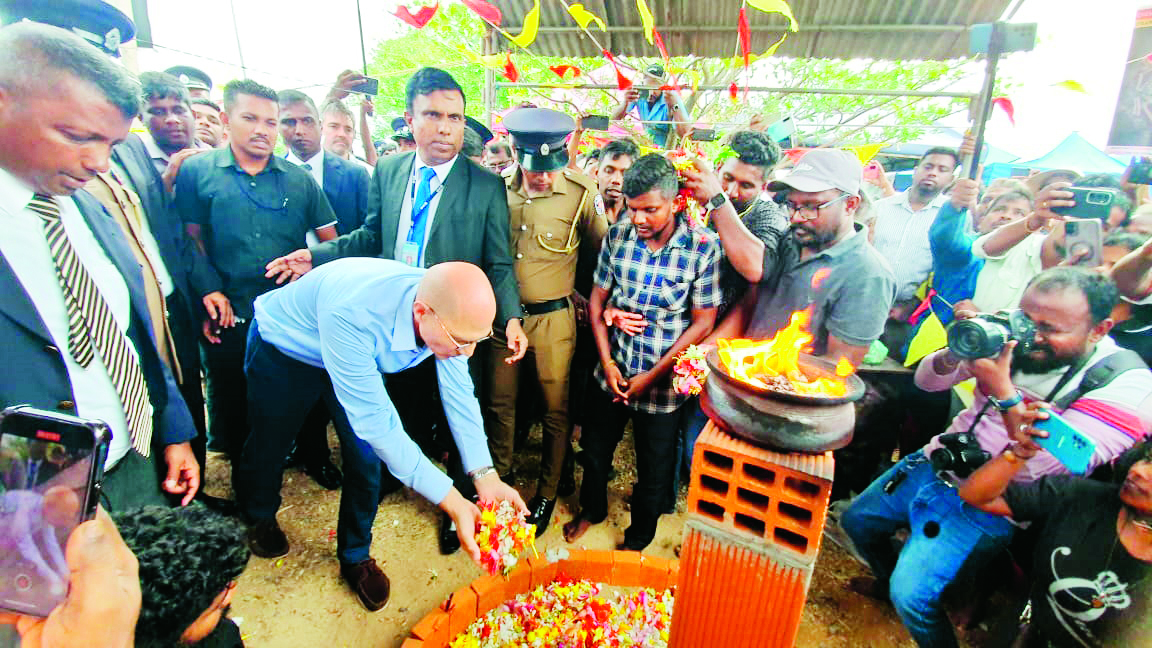
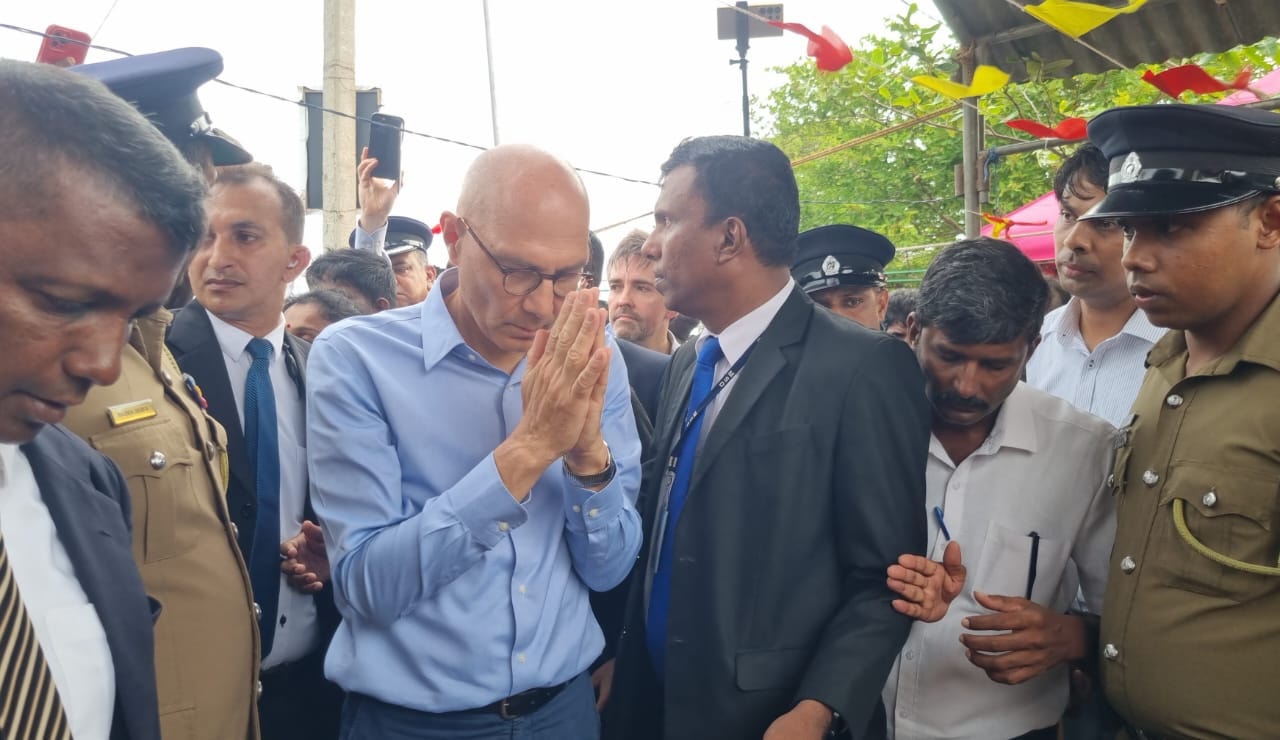
.jpg)
.jpg)
.jpg)
